The Cold War
Reasons for the Cold War
Post-WWII, tension between the USA and the Soviet Union led to a worldwide Cold War. Reasons for this included: ideological differences, problems in Germany, the arms race and the Korean War.
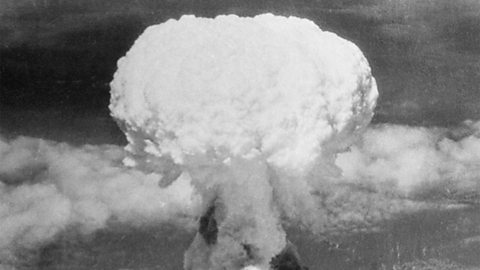
Soviet policy in Eastern Europe
The 1950s brought a desire for reform in Eastern Europe. The Soviet Union reacted differently to events in Poland, Hungary and Berlin, due to domestic pressures and military and ideological factors.
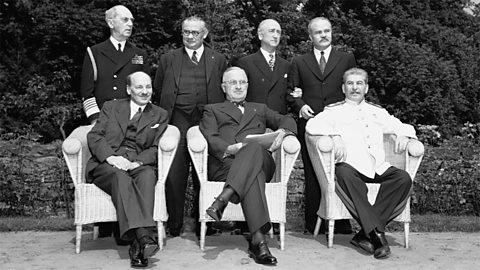
The Cuban Crisis
In October 1962, the world came close to nuclear war. A crisis developed over Cuba as a result of aggressive US foreign policy, tensions created by the arms race and the actions of Khrushchev.
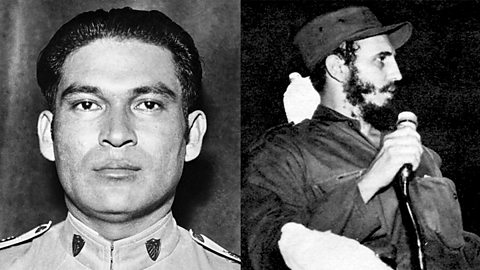
Why the USA lost the war in Vietnam
In the 1950s, Vietnam descended into civil war, with the Southern government and US forces attempting to stop the spread of communism. However, by the early 1970s the USA was forced to withdraw.
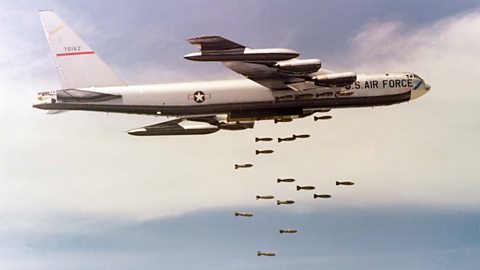
Managing the Cold War 1962-85
Following the Cuban Missile Crisis, the USA and the USSR attempted to reduce their hostilities. This was due to economic circumstances, increasing nuclear threat and the rise of Chinese power.
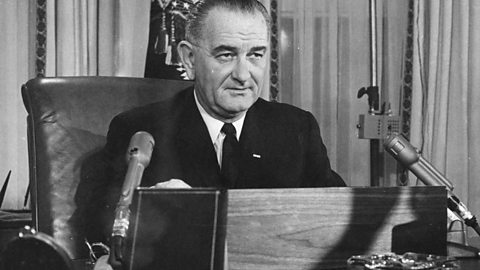
The end of the Cold War
The Communist government in Russia disintegrated due to economic pressures, the war in Afghanistan and revolt in Eastern Europe. Both Gorbachev and Reagan played major roles in ending the Cold War.
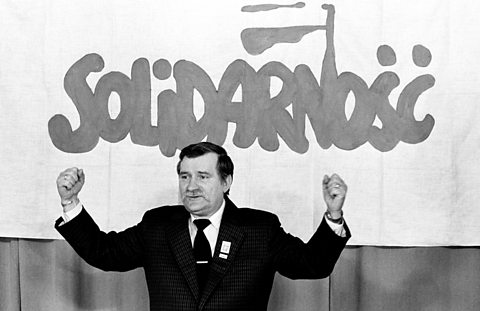
Links
- External linkExternal link
- External linkExternal link
- External linkExternal link
- External linkExternal link